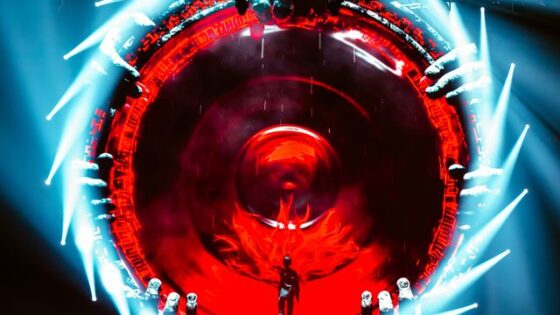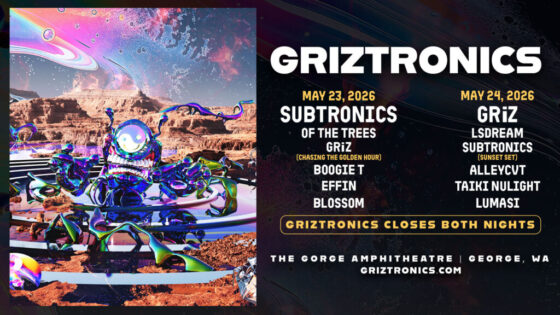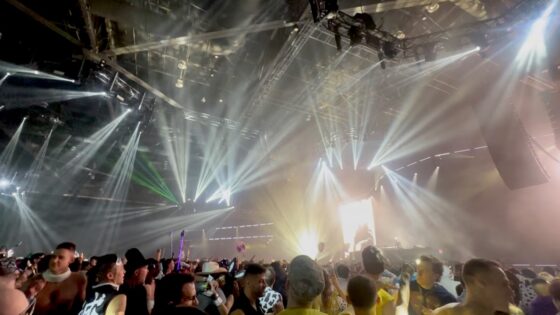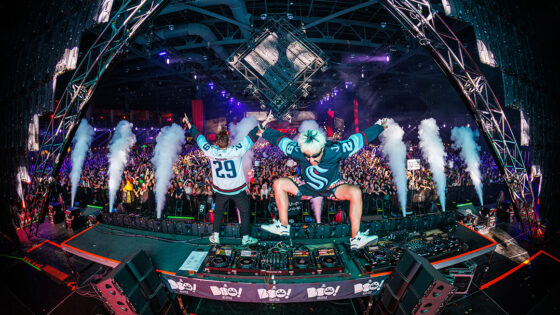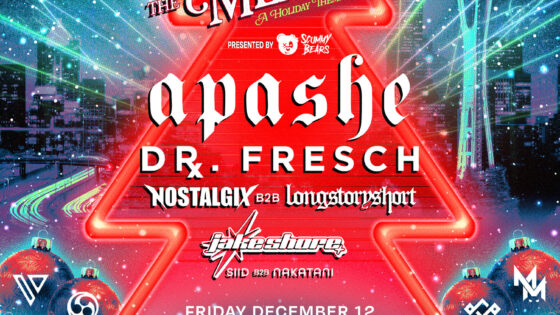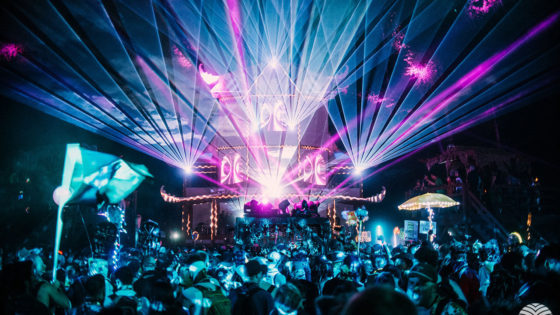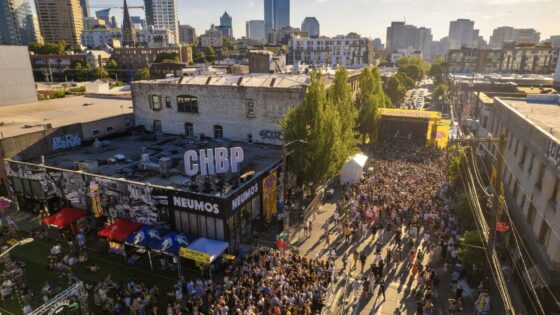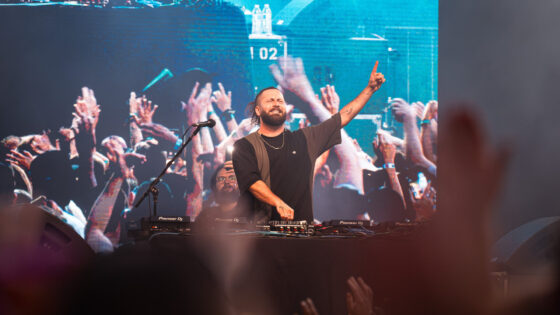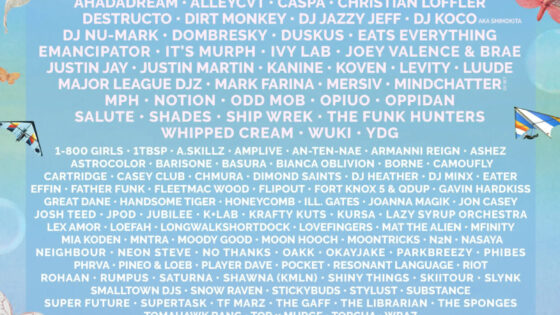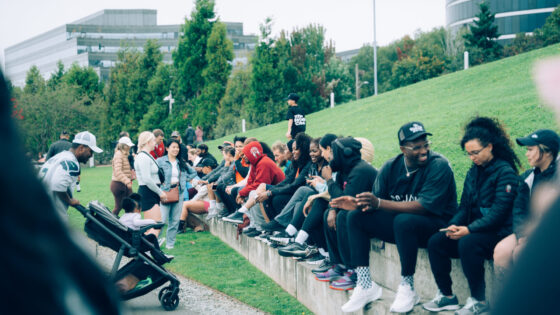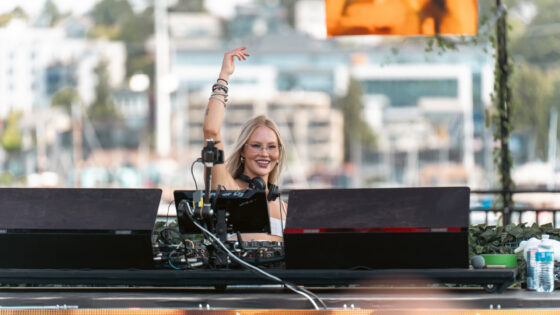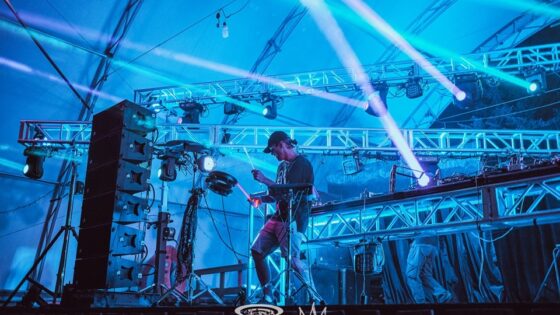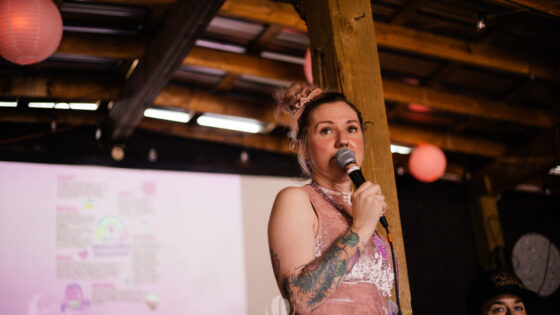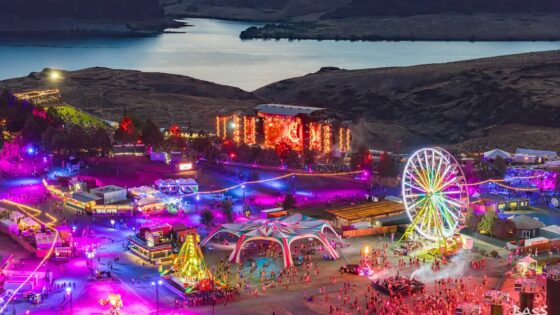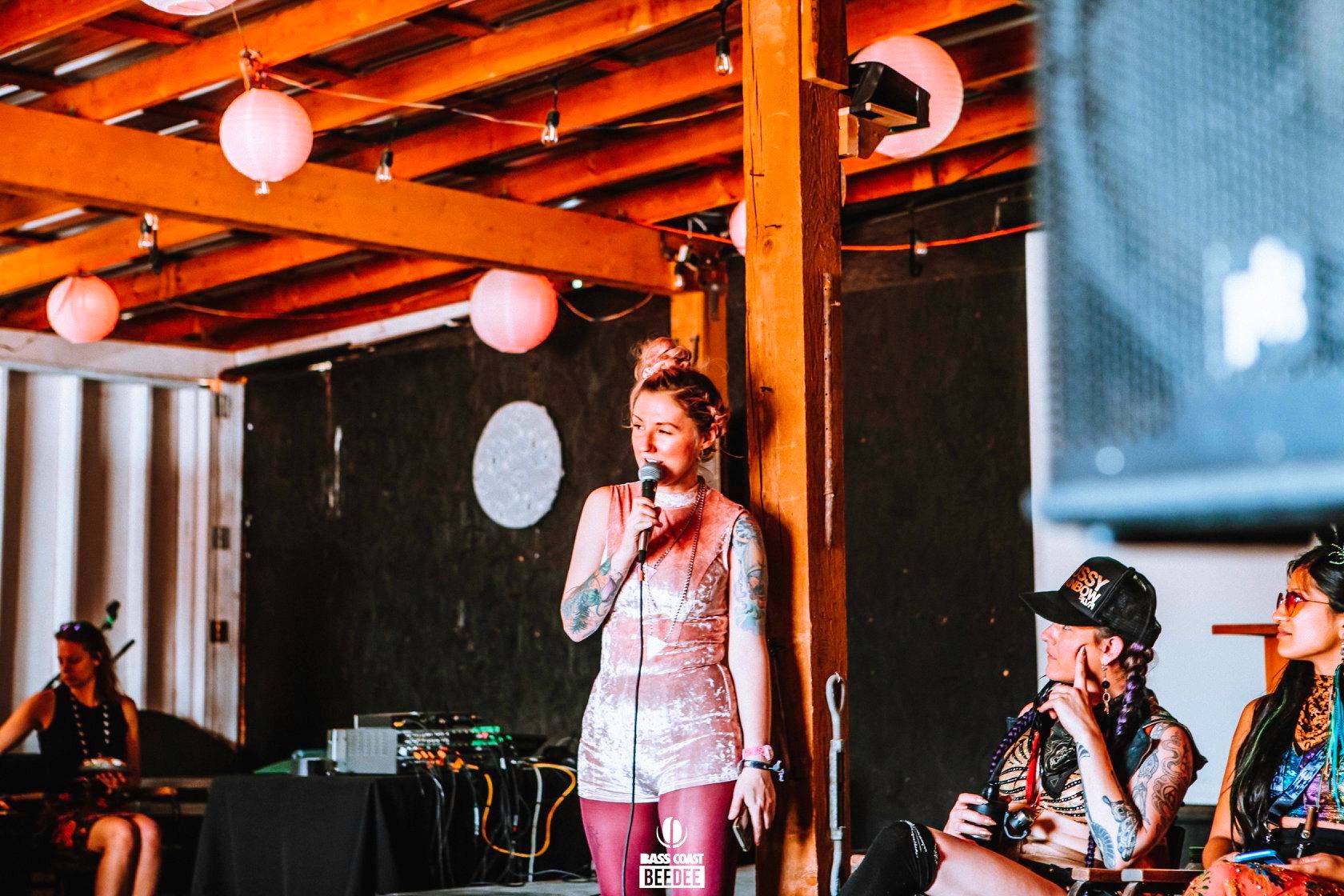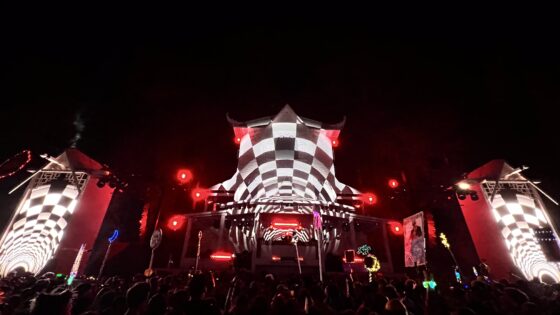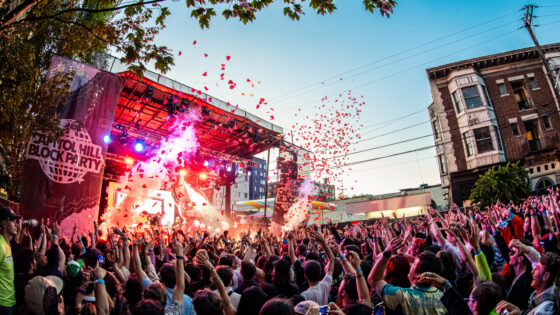Everyone deserves a good night out, but too often, safety takes a backseat. Good Night Out Vancouver is working to change that by helping venues and festivals be proactive instead of waiting for something to go wrong. Through initiatives like the “Last Call” pilot project, they’re pushing for real accountability in nightlife. In this interview, Good Night Out co-founder Stacey Forrester shares how the industry is evolving, what still needs to change, and why safety should never be an afterthought.
DMNW: How does Good Night Out Vancouver balance proactive measures with reactive support when dealing with harassment in nightlife spaces?
Stacey Forrester: So when we started, I would say that 100% of the teams, organizations, or venues that emailed us were reaching out because something had happened: they’d had an incident, or because they got called out on social media. So in the early days, it was 100% reactive.
I would say nowadays it’s probably 50/50. About half of the inquiries we get are from people wanting to be proactive and wanting to be on the right side of the conversation. And the other half are “someone accused a member of our staff,” or “we had a drink spiking,” or “one of our artists did something.”
What that means now is we try to [balance the] mix of both. Prevention workshops and street teams are there for prevention. But then we also realize that the other half of this conversation is helping people learn, grow and move on when something has happened. So, I would say our work is probably evenly split between both.
It sounds like the nature of the work is evolving as time goes on, which is a positive sign, as this is a fairly new avenue.
I would love to get us to a point where we are really only doing prevention, and we have almost eliminated sexual violence from our community, but that feels very far away.
Pre-COVID, it wasn’t common to see harm reduction at bars and now it is. Did that have anything to do with Good Night Out Vancouver or did it happen independently?
Which I love to see. Like – although Good Night Out has the ability to train and support – and we have supported venues to make their own teams, I love that. It’s not like we own that idea. At the end of the day, I just want more venues to be as safe as possible, whether we had a hand in it or not. So, I love to see it.
It’s awesome that they did that themselves, without the need for outside intervention.
Yeah, totally. I love that artists are taking more of a role, because they’re often not attached to a venue or a festival: they’re visitors in these spaces. And more recently, we’ve worked with artists like CLoZee, Griz, and Of The Trees to create things that they take with them to shows [like posters]. So, even if the venue has a reputation for not being amazing, at least while this artist is there, there’s a little nugget of safety, which I think is really cool.
When public accusations arise in the music industry, how does that impact the conversations and responses you see within nightlife and festivals?
Anytime there’s a call-out on EDM Twitter—or in any industry, really—I wake up, check my Twitter/X notifications, and when I see hundreds of alerts, I immediately know: “Oh, someone has been called out.” It’s become predictable.
Since 2017, we’ve seen waves of different artists facing accusations, and each wave sparks a snowball effect—other survivors feel empowered to speak up. For a few months, things get really busy as conversations gain momentum, and then it dies down again.
When these waves happen, the situations vary. Sometimes, it’s a venue or organization reaching out because they want to be proactive. Other times, it’s more reactive: “Hey, we need your help. One of our managers is kind of creepy,” or “Someone on our team has been accused of assault. They’re no longer with us, but we want to work on prevention so this doesn’t happen again.”
How does Good Night Out Vancouver approach working with venues or teams that have faced these kinds of accusations?
Someone having accusations against them would never necessarily be a reason why we wouldn’t work in a space. In fact, that clearly shows why venues need us. So when people reach out for our services, we ask them, “Are you reaching out because there’s been an incident?” and we try to encourage them to practice transparency and accountability, because that allows us to do our best work.
If you’re hiding things or denying the problem we’re already starting the relationship off on a foot of dishonesty. We’ve learned that sometimes people take a training session and think, “We did the thing—we’re a safe place now,” as if that’s all it takes. But real change requires a deep, ongoing investment in shifting culture.
What role do you think bystanders and allies should play in creating safer environments? Are there strategies that have proven particularly effective in getting people involved?
One thing I have noticed shift, especially since COVID, is that patrons and music fans are more informed. A lot of them are choosing to go to shows or venues or festivals that care about their safety, right? And so I would love to see more of that allyship.
If you have the choice between two events on the same night or two festivals in a month, and you’re like, “I don’t know which one to go to,” vote with your dollar. You know? Give your money to the event that has harm reduction, that has done this work. And so I would love to see more of that. The more often that we give venues that don’t care about us our money, they’re not going to feel an incentive to change their business practices, right? So that’s one form of bystander intervention that maybe isn’t direct, but does really lead to change.
And then more people speaking up, saying something. When you’re at shows and you’re in the crowd, and you notice someone maybe looking like they’re not the most comfortable, or they’re not meshing, or they’re maybe struggling, it’s just more of that— checking in with people and speaking up. When you see people making others feel uncomfortable.
Your point about ‘voting with your dollars’ is really clever—I hadn’t considered it that way before.
Yeah! Do the work. You know, look at your favorite venues and see if they have a Code of Conduct. And if they don’t, it never hurts to message them and say, “Hey, I really want to go to this show, but harm reduction and sexual violence prevention are really important to me. I’m wondering what you’re doing, or if you’ve considered doing a thing.”
Have you seen any measurable shifts in how venues or festivals structure their safety policies since Good Night Out’s inception? What still needs to change within the industry?
I have definitely seen a shift. I do think that, particularly in BC on the West Coast, the intensity of the opioid crisis has really forced events and festivals here to think about harm reduction in a way that they maybe didn’t 10 years ago, right? Because the West Coast is like the epicenter of a toxic drug supply. You really have to have your head in the sand to not start thinking about this. I think that the toxic drug supply crisis has been a gateway to talking about harm reduction.
There’s still a lot of work to do, but in the early days of Good Night Out, there was a sentiment that if you talk about harm reduction or you talk about sexual assault, it means there’s a problem. There’s a stigma around both of these conversations. Like, “Oh, if you have Good Night Out in, it means that things weren’t safe before.” Or if you have harm reduction, it means two things: one, that there was a problem; or two, that you’re encouraging people to use drugs.
I think I see those myths and that stigma less, but there’s still a long way to go.
In the next part of our conversation with Stacey Forrester, we dive into how harm reduction intersects with festival culture and the harm reduction efforts at Bass Coast.
Important things happen in Pacific Northwest nightlife, and DMNW will send you alerts!

